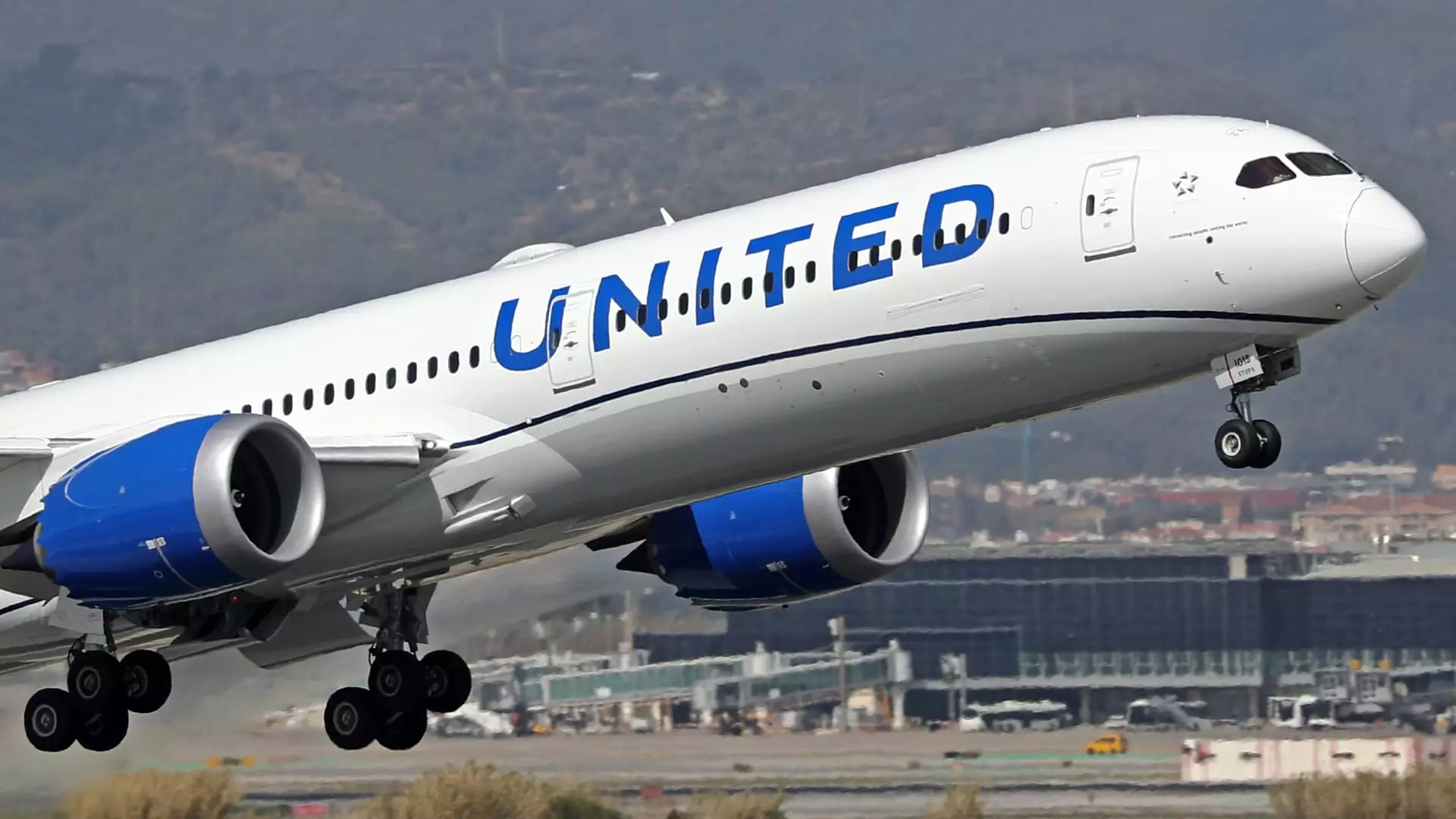United Airlines recently announced the approval of a new contract with its pilots, solidifying compensation increases of up to 40.2% over the span of a four-year agreement. This development marks a significant milestone, as United becomes the last of the three largest U.S. airlines to reach an agreement with its aviators amidst an ongoing industry shortage. The Air Line Pilots Association (ALPA), the pilots’ union, estimates the value of the contract at approximately $10 billion. The overwhelming approval of the new agreement by 82% of United pilots casts a positive light on the collaboration between the union and the airline, promising a stronger foundation for the future.
The compensation increases obtained through this new contract mirror the trends witnessed in the airline industry, with Delta Air Lines and American Airlines pilots having secured similar and substantial raises earlier this year. It is worth noting that the negotiation process faced significant hurdles due to the disruption caused by the Covid-19 pandemic. Heightened travel demand and an upsurge in inflation served as catalysts, propelling pilot and labor unions to push for enhanced working conditions and improved compensation. These unions continue to advocate for their rights, either through strikes or threats of strikes when negotiations fail to meet their expectations.
The United Auto Workers (UAW) union has also become entangled in labor disputes, planning to expand strikes against General Motors and Ford Motor. UAW President Shawn Fain announced the intention to extend strikes to two U.S. assembly plants on Friday. These actions emphasize the ongoing plight of various labor unions across different sectors, demanding better wages and benefits to address economic grievances. While it is essential for companies to meet the demands of their employees, these disputes can create disruptions and strain relationships, ultimately impacting productivity and profitability.
In a separate arena, Hollywood writers and studios successfully concluded arduous negotiations, putting an end to an extensive 150-day labor strike. When the language of the deal was finally finalized earlier this week, a sense of relief permeated the industry. This settlement highlights the importance of open communication, compromise, and a mutual understanding of each party’s needs. It is crucial to acknowledge that labor disputes, although necessary at times, can lead to long-term harm if not appropriately managed.
The United Airlines pilots’ new contract serves as a promising step towards achieving fair compensation and improved working conditions in the industry. As the last of the three largest U.S. airlines to reach an agreement, United has demonstrated its commitment to addressing the concerns of its pilots and ensuring their satisfaction. By recognizing the value of their employees’ contributions, companies can foster a more harmonious labor landscape, leading to increased productivity, employee retention, and ultimately, customer satisfaction. The progress made in the aviation sector, coupled with the resolution achieved in Hollywood, underline the significance of fair negotiations and mutual respect between employers and employees, setting a precedent for other industries to follow suit.


Leave a Reply